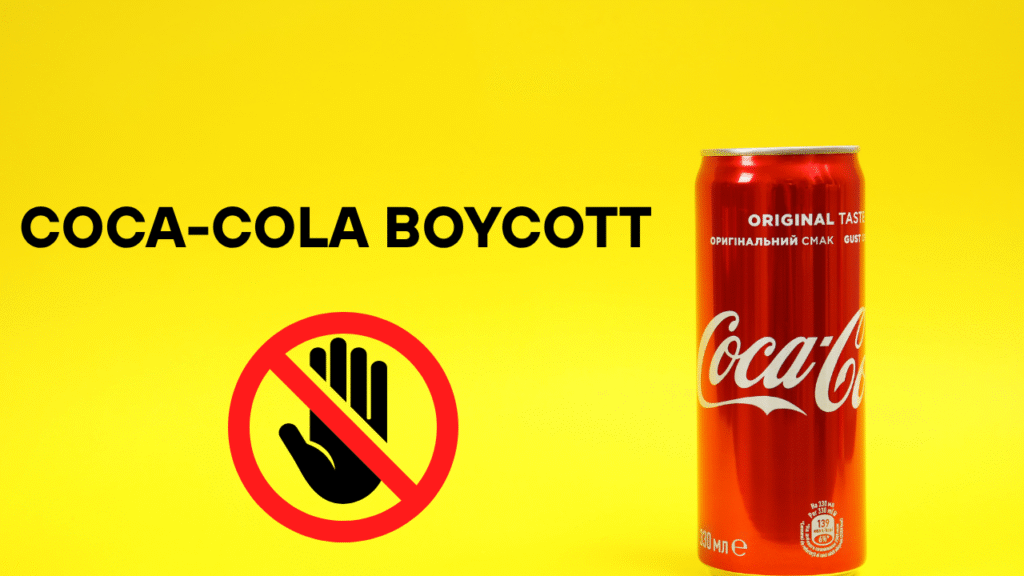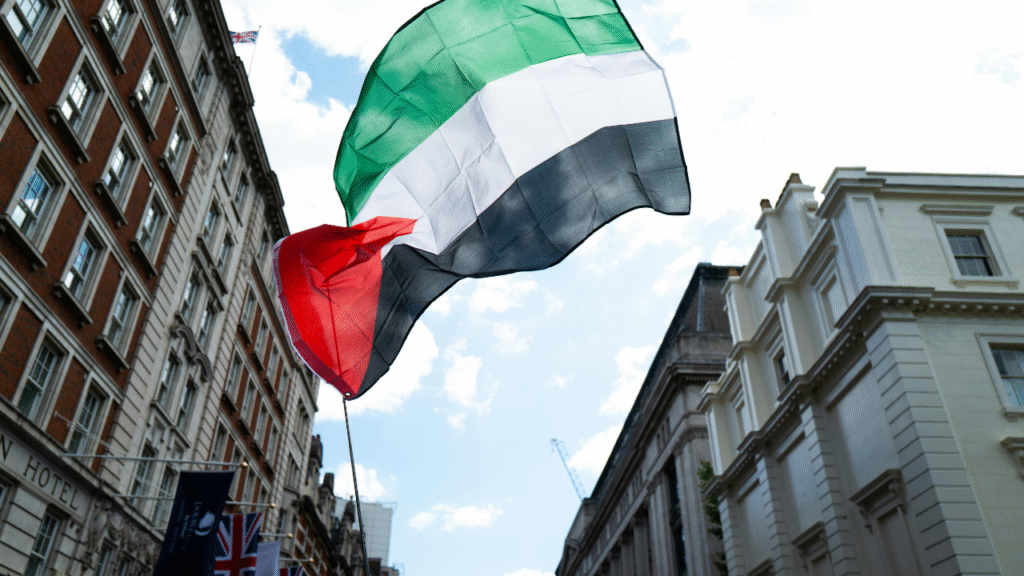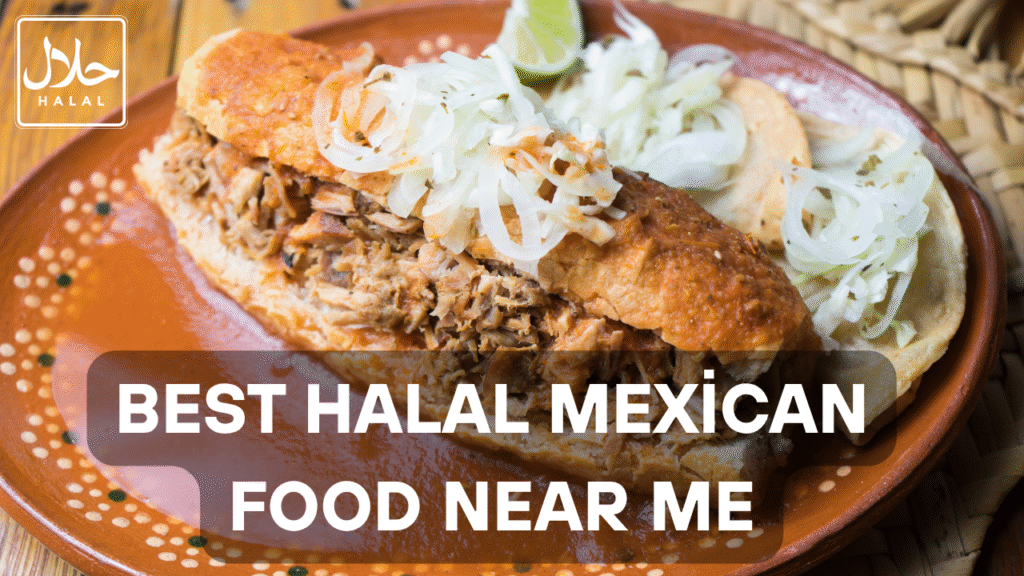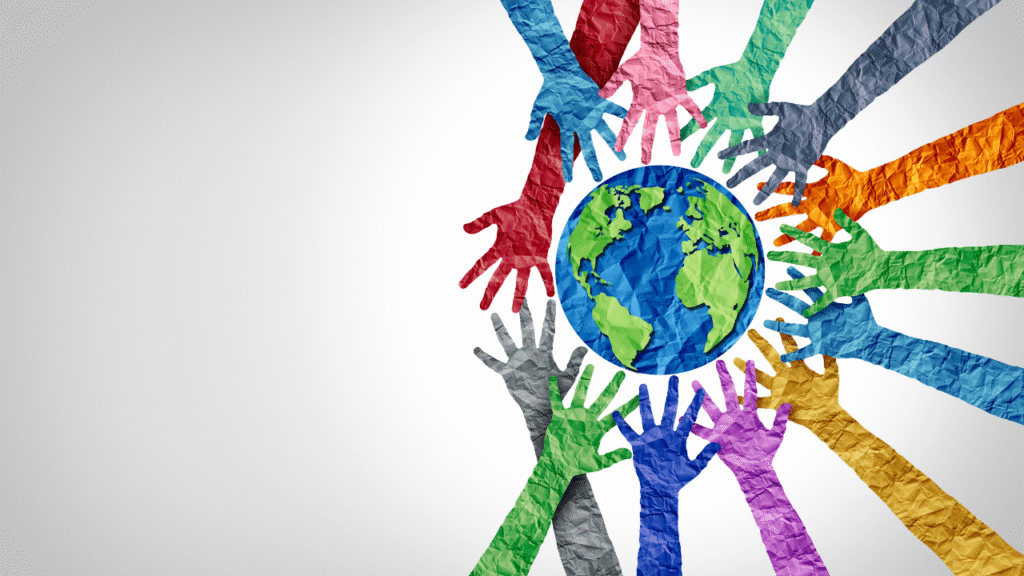Coca-Cola Boycott

Introduction: Why Are People Boycotting Coca-Cola?
In recent years, the Coca-Cola boycott has gained momentum across different regions. Activists, consumers, and advocacy groups have criticized the company for various ethical, environmental, and political reasons. Many individuals have started to question the impact of one of the world’s most recognizable brands. But what exactly is behind this global movement?
The Main Reasons Behind the Coca-Cola Boycott
The boycott is driven by multiple concerns that go beyond just a single issue. Let’s look at the main causes fueling the public’s decision to reject Coca-Cola products.
1. Human Rights and Labor Controversies
Coca-Cola has faced allegations related to labor rights violations in several countries. Reports have claimed that factory workers were subjected to poor working conditions and unfair treatment. These claims have encouraged unions and human rights organizations to push for boycotts. Consumers increasingly demand ethical transparency from global corporations.
2. Environmental Impact
Environmental activists have long accused Coca-Cola of being a major contributor to plastic pollution. Billions of Coca-Cola plastic bottles are produced every year, many of which end up in oceans and landfills. Despite the company’s efforts to promote recycling, critics argue that these measures are not enough. The brand’s heavy reliance on single-use plastics continues to harm ecosystems worldwide.
3. Water Usage and Community Depletion
In countries like India and Mexico, Coca-Cola has been accused of depleting local water supplies. Residents in these areas have reported reduced access to clean water as a result of the company’s bottling operations. This issue has become one of the most significant reasons for local protests and calls to boycott the beverage giant.
4. Political and Ethical Concerns
In addition to environmental and labor issues, Coca-Cola has faced backlash over alleged political associations and sponsorship decisions. Some campaigns have criticized the brand for remaining silent on humanitarian crises or for operating in controversial regions. As a result, more consumers are choosing to support smaller, ethical drink companies instead.
The Impact of the Boycott on Coca-Cola
Despite its global dominance, Coca-Cola has not been immune to public pressure. The boycott campaigns have affected the company’s reputation and forced it to reevaluate its sustainability policies. In response, Coca-Cola has launched initiatives focusing on recycling, renewable energy, and community support. However, many critics still believe these steps are insufficient or designed merely for public image.
How Social Media Fuels the Boycott
Social media platforms have played a crucial role in spreading boycott messages. Hashtags like #BoycottCocaCola and #SayNoToCoke trend regularly on Twitter, Instagram, and TikTok. These online movements encourage consumers to share information, promote alternative brands, and demand corporate accountability. Digital activism has given the boycott a new level of visibility and influence.
Alternatives to Coca-Cola Products
As more people join the boycott, they search for healthier and more ethical beverage options. Popular alternatives include organic juices, natural sparkling waters, and locally produced soft drinks. Many brands now emphasize sustainability, fair trade, and eco-friendly packaging to attract conscious consumers.
The Future of the Coca-Cola Boycott
The Coca-Cola boycott continues to grow, especially among younger generations who prioritize ethics over convenience. With increased awareness of environmental and social issues, global corporations face greater scrutiny. Whether the company can truly reform its practices or not remains uncertain, but one thing is clear: consumers are more powerful than ever.
Conclusion: The Power of Consumer Choice
The Coca-Cola boycott highlights the impact of consumer activism in shaping corporate behavior. People around the world are realizing that their purchasing choices can drive change. By supporting ethical and sustainable brands, individuals send a powerful message: profit should never come before people or the planet.
As awareness grows, Coca-Cola must prove its commitment to genuine responsibility, not just marketing promises. The future of this iconic brand depends on it.








